Sunday Reflections: The Sanctuary of Stories
“There is no greater power on this earth than story.”
― Libba Bray, The Diviners
(Trigger warning: car accidents/parental death)
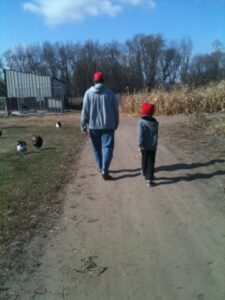
This Wednesday marks the two year anniversary of my dad being killed in a car accident on an icy Minnesota highway. Typing those words, sitting here looking at those words, it still seems surreal. Some days, those words lose their meaning to me—I’ve said them so many times in these past two years. They’re what I spit out automatically when I need to. Other days, my brain decides it doesn’t like me and makes every one of those words come out at a hundred decibels. They play on an infinite loop (DAD KILLED ACCIDENT ICY HIGHWAY). It happens to me less now (it is both the truth and a lie that it gets easier over time), but in those first few months, that sentence is where my brain decided to plop down and set up camp. I had things to do—I needed to go to work at the library, I needed to raise my child, I needed to tackle settling my dad’s estate, I needed to do everyday things that became afterthoughts, like sleep and eat. I didn’t have time to let my brain sit and stare at the neon sign of those words every free second I had.
So I did what I always do—I turned to words. I looked for sanctuary in stories. A lifelong obsessive reader, I knew the power of stories. Getting lost in someone else’s story was more appealing than ever. For a few hours, I could be someone else. I’ve always been a fan of comics and graphic novels, but I found that, more than anything, those were what I wanted to read right then. There was something about the words and the pictures pulling me into the story so fully that I was able to lose myself in the worlds of Faith Erin Hicks, Raina Telgemeier, Hope Larson, Daniel Clowes, Derek Kirk Kim, Gene Luen Yang, Ed Piskor, Zeina Abirached, and Barry Deutsch. I reread the Jessica Darling series by Megan McCafferty for some comfort reading. I looked to David Sedaris to make me laugh. The books were both the distraction I needed and a fumbling way into dealing with feelings I wasn’t quite able to process in real life.
ADVERTISEMENT
ADVERTISEMENT
At home I felt like all I did was talk about my story—here’s what the lawyer said today, here’s the new twist in the soap opera that settling this estate has become, here’s who I swore at on the phone. I had no choice but to live out my story, but any second that I had the chance to smother that story for a bit, I took it. When my minions would come visit me in the library those first few days after I went back to work, after a month away, they offered hugs, which always resulted in me tearing up. I quickly learned that when they asked how I was, or what happened, or did I want a hug, or what could they do for me, that what I really needed was to ask them to tell me stories. Don’t ask me to talk right now, don’t hug me—what you can do is talk to me. Tell me what I missed. Entertain me. Make me laugh. Allow me to see your drama for a while (if you’re looking to be distracted while grieving, a high school is a pretty good place for that). They’d tell me what they were reading and I’d read it too so we could talk. They’d show me their poems or their stories. I felt like if I filled my brain up with everyone else’s words, there would be less room for my own words when I didn’t want them around.
And those words came spilling out of me, too. I wrote—blog posts, a draft of a novel, and infinite emails. Time and again I felt grateful for these words—the ones I was taking in, the ones I was pouring out—that moved me, distracted me, entertained me, and healed me.
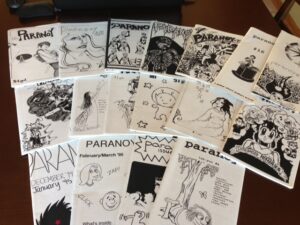
This phase in my life, the months after my dad’s death, I would often think back to the other time in my life that I clung desperately to words. I was a miserable teenager (I know—weren’t we all?). As a saturnine kid in the 90s, all I wanted to do was hide behind my purple hair and exist inside notebook pages, inside novel pages. I gave myself over to words—words in books that transported me to other places and other lives, words that I scribbled out all night long while making zines, and words from punk songs that I jumped up and down to and screamed along with. I needed those stories, in all their formats, like I needed to breathe. They were mirrors and windows at a time when my introspection was only rivaled by my desire to flee my tiny town and never look back.
Those of us who work with teens see this all the time, right? We see teenagers who are voracious readers for a lot of reasons. Sometimes it is as simple as they just like reading. But sometimes it’s because those stories are so vitally important to them. They might find other teenagers like themselves in the pages of a book; they see characters in situations similar to their own. Or maybe it’s that they want to see characters in situations radically different than their own. They want to actively seek out stories that take them away from themselves, that allow them to inhabit someone else’s skin for a while. This isn’t new information to those of us who are readers, are librarians, or are teachers, who understand the power of literature and the potential of bibliotherapy (by bibliotherapy, I mean reading any book that provides any kind of comfort or meets another need—not just reading about the specific thing you are going through. Medicine is the best medicine, but “take two books and call me in the morning” is pretty good medicine, too). We know getting the right book into the right person’s hands is sometimes the only way we know how to help—it’s sometimes the best way to help.
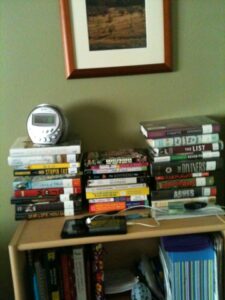
I know I’m not the only one to have encountered plenty of people who just don’t understand why some people read so much—or, unfortunately, don’t understand why people read, period. “He always has his nose in a book,” they might complain. “She’s read Harry Potter ten times,” someone will sigh. “I don’t get why she has to always read sad books about horrible things happening,” someone will grumble. I’d like to tell those people that sometimes we read because it’s what’s keeping us going. Those stories that you dismiss so easily are what are saving us. Through stories we may find a light of hope, a much needed distraction, a laugh, a way to grieve, and so much more.
When I started to think about what I will do to care for myself this week, to help myself get through this second anniversary, the first thing I thought about is what I will read. I’ll lose myself in some books (Melina Marchetta’s Jellicoe Road, Saving Francesca, and The Piper’s Son have all been calling me, begging for rereads), I’ll blast Bob Mould’s “Black Sheets of Rain,” and I’ll work on my novel-shaped thing. Words in, words out… like breathing, and just as vital.
*Special thanks to K, J, and B for reading this for me beforehand (and for everything else)—you are true friends and good writers.
Find me on Twitter @CiteSomething
Filed under: Sunday Reflections
About Amanda MacGregor
Amanda MacGregor works in an elementary library, loves dogs, and can be found on Twitter @CiteSomething.
ADVERTISEMENT
ADVERTISEMENT
SLJ Blog Network
The Moral Dilemma of THE MONSTER AT THE END OF THIS BOOK
Cover Reveal and Q&A: The One and Only Googoosh with Azadeh Westergaard
Winnie-The-Pooh | Review
Parsing Religion in Public Schools
ADVERTISEMENT



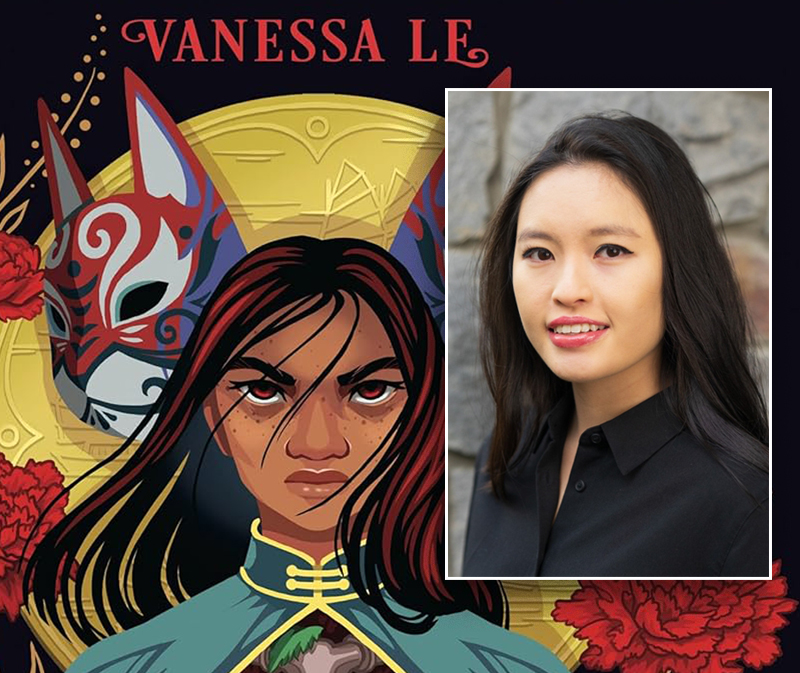
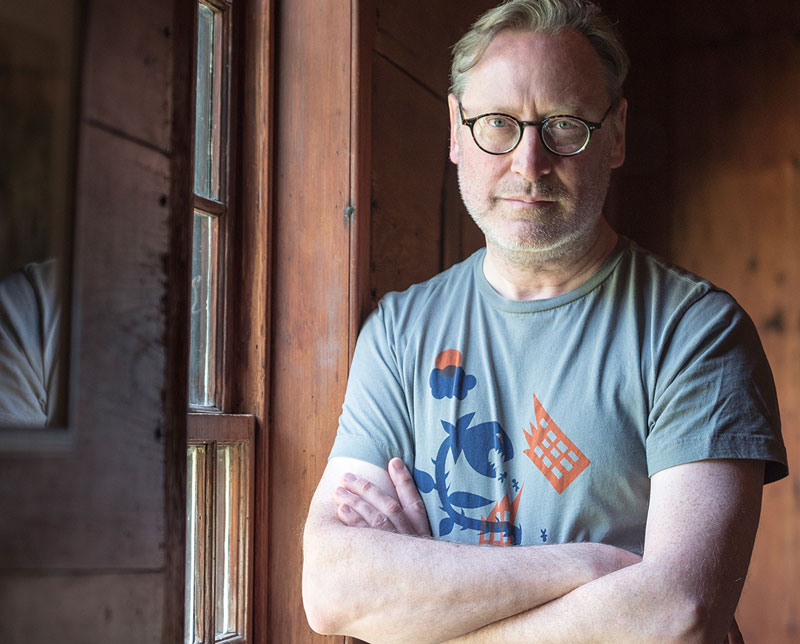
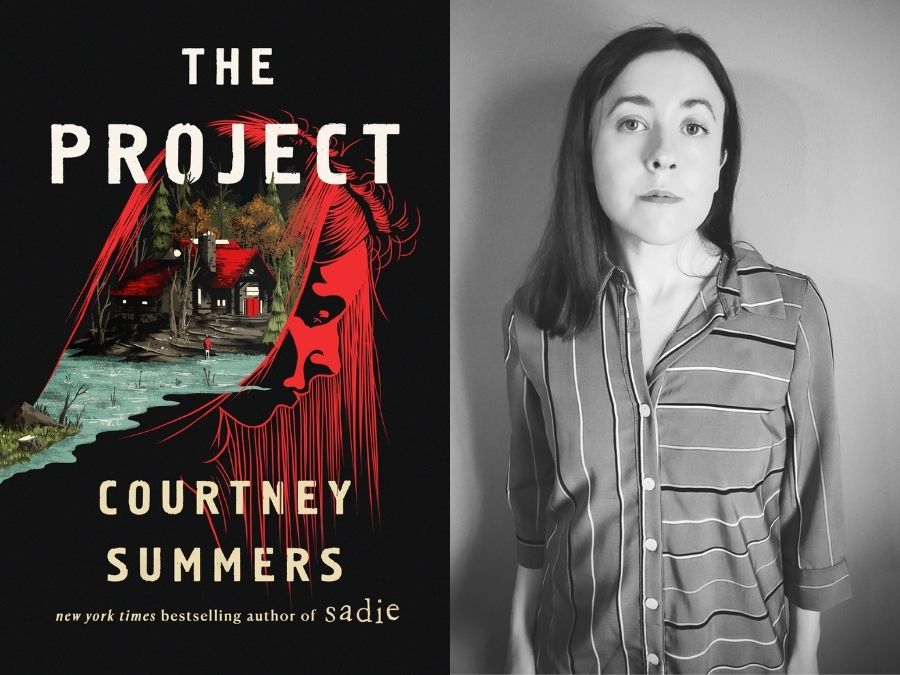

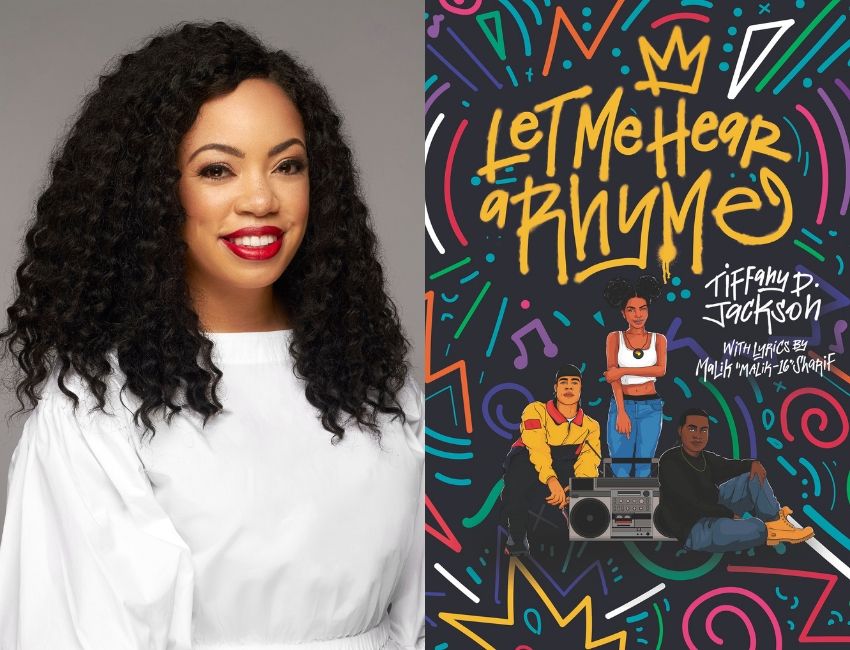
Amanda,
This is beautiful. I cried reading it. Loved seeing the picture of your dad and C. Thank you for allowing yourself to be vulnerable and share this post with us. May your family feel love and peace during this difficult time.
Karen
Thanks, Karen. Even though their backs are to the camera, there’s just something I really love about that picture–the symmetry or something, I guess.
Mandy,
I loved your breathing and words comparison because for me it’s all about the breathing. You’re right that if we are lucky we develop healthy ways of coping, some moments as escape, some as processing. Since I am not a reader, I never really thought of the perspective you shared in your piece. I am so glad you have words. You use them eloquently! My love to you, Ryan and Deb today.